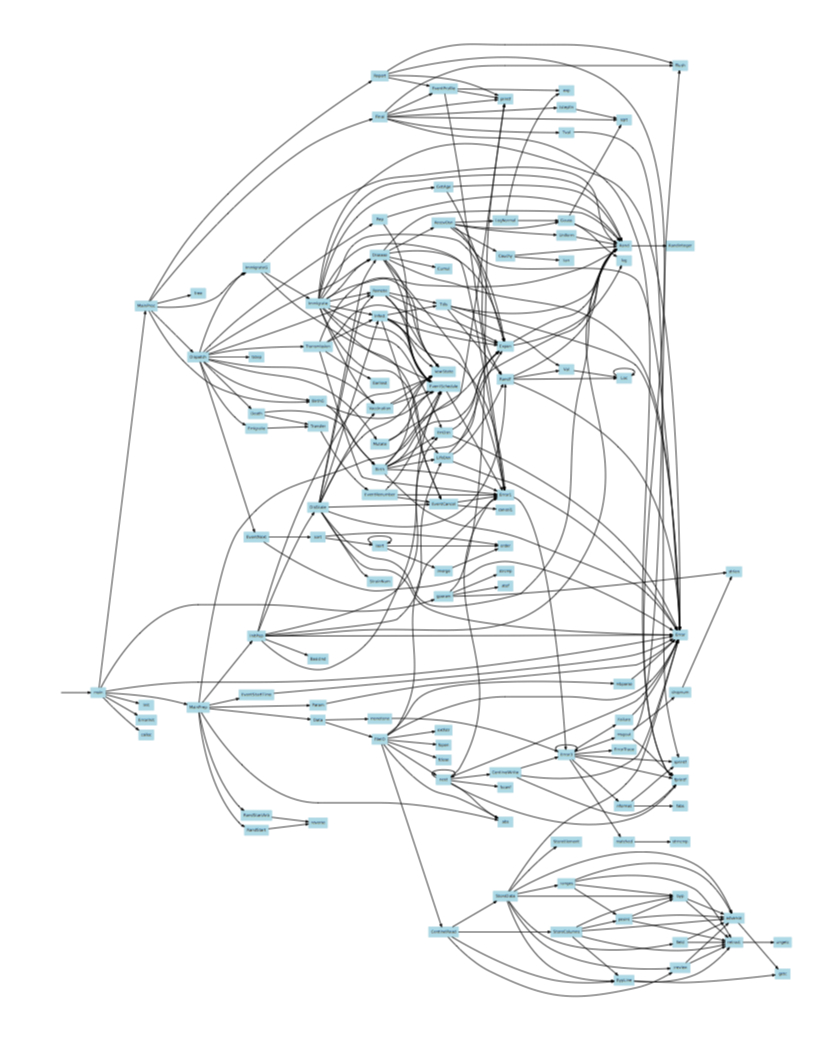
The model is individual-based so that information can be stored for each person in the simulated population. It is capable of simulating the entire population of the UK, upwards of sixty-million distinct individuals tracked. Other features of the model include parameter values which depend on age, sex, and birthplace. Realistic demography and the migration of individuals to and from the study population are also incorporated. The model is a discrete-event simulation, which moves through time continuously by processing events in chronological order rather than moving through time by small finite time steps.
The individual-based nature of the model allowed recording genetic strain types for each infection and disease case. The model was intended to reproduce genotype clustering patterns seen in observed, genotyped cases to help reveal how these patterns may have been generated and to compare the level of genotype clustering to the proportion of cases due to recent transmission in the simulation.
Timing tests indicated that IBM version ran faster than finite difference approximations to partial differential equations for the same level of accuracy.
Modules
|
Description |
Module |
Date |
Formats |
|---|---|---|---|
|
Main simulation module |
tb36gen.c |
2012/12/17 |
PDF, Text |
|
Secondary service routines |
service.c |
2012/12/16 |
|
|
Common headers |
common.ch |
2012/12/16 |
|
|
Parameter fitting |
fit5i.c |
2012/12/16 |
|
|
Fitting convergence tests |
converge.c |
2012/12/16 |
|
|
Multiprocessing interface |
mpi.c |
2012/12/16 |
|
|
Schedule future events |
schedule.c |
2012/12/16 |
|
|
Random numbers for arbitrary distributions |
randh.c |
2012/12/16 |
|
|
Centinel file input/output |
fileio.c |
2012/12/16 |
|
|
Special headers |
fileio.ch |
2012/12/16 |
|
|
Random numbers on the unit interval |
rand.c |
2012/12/16 |
|
|
Alphabetic or numeric ordering |
sort.c |
2012/12/16 |
|
|
Error interface |
error.c |
2012/12/16 |